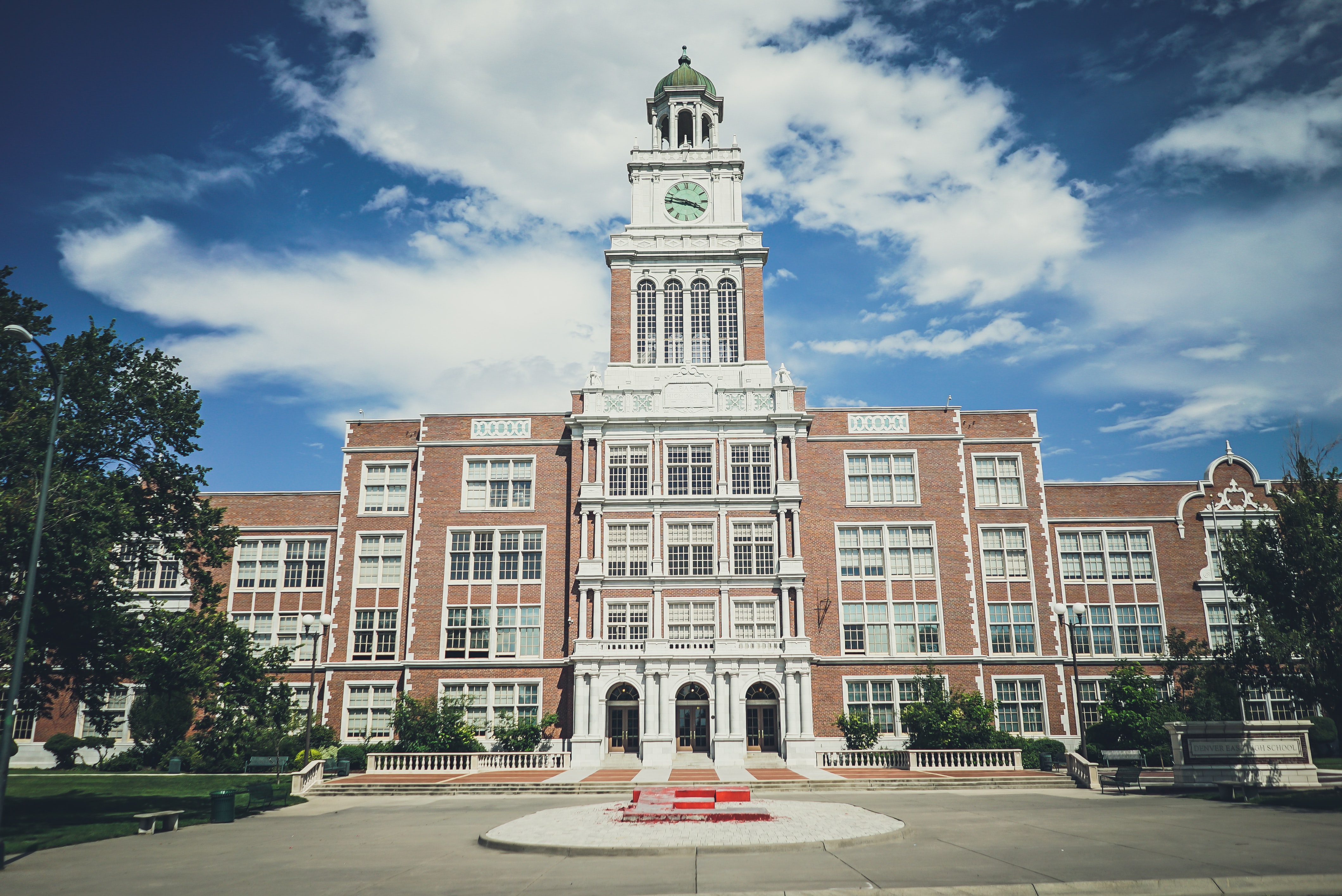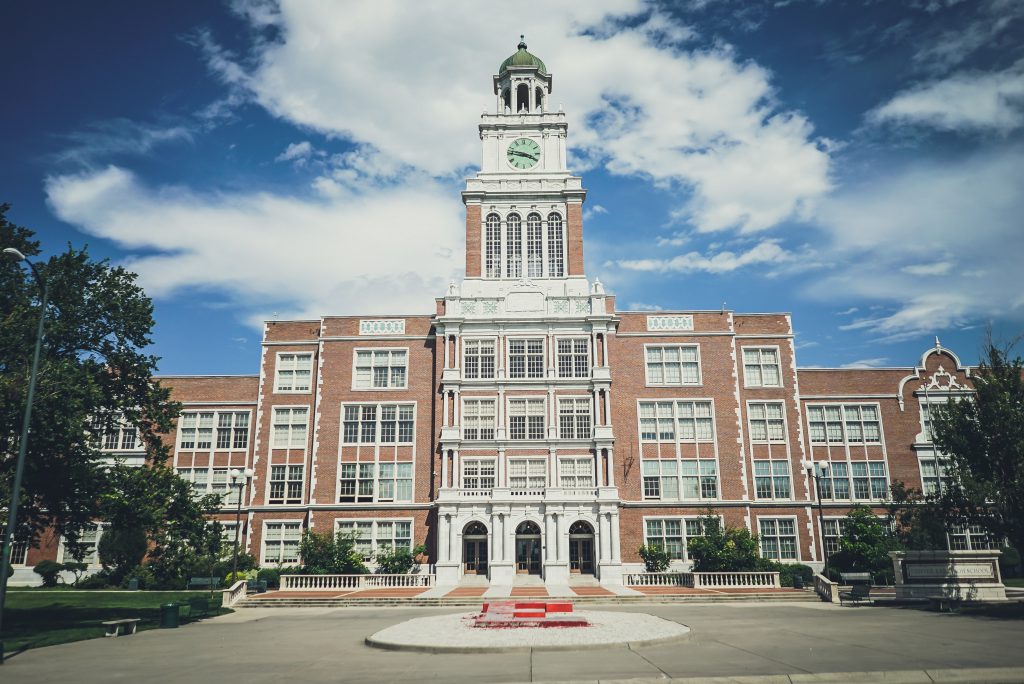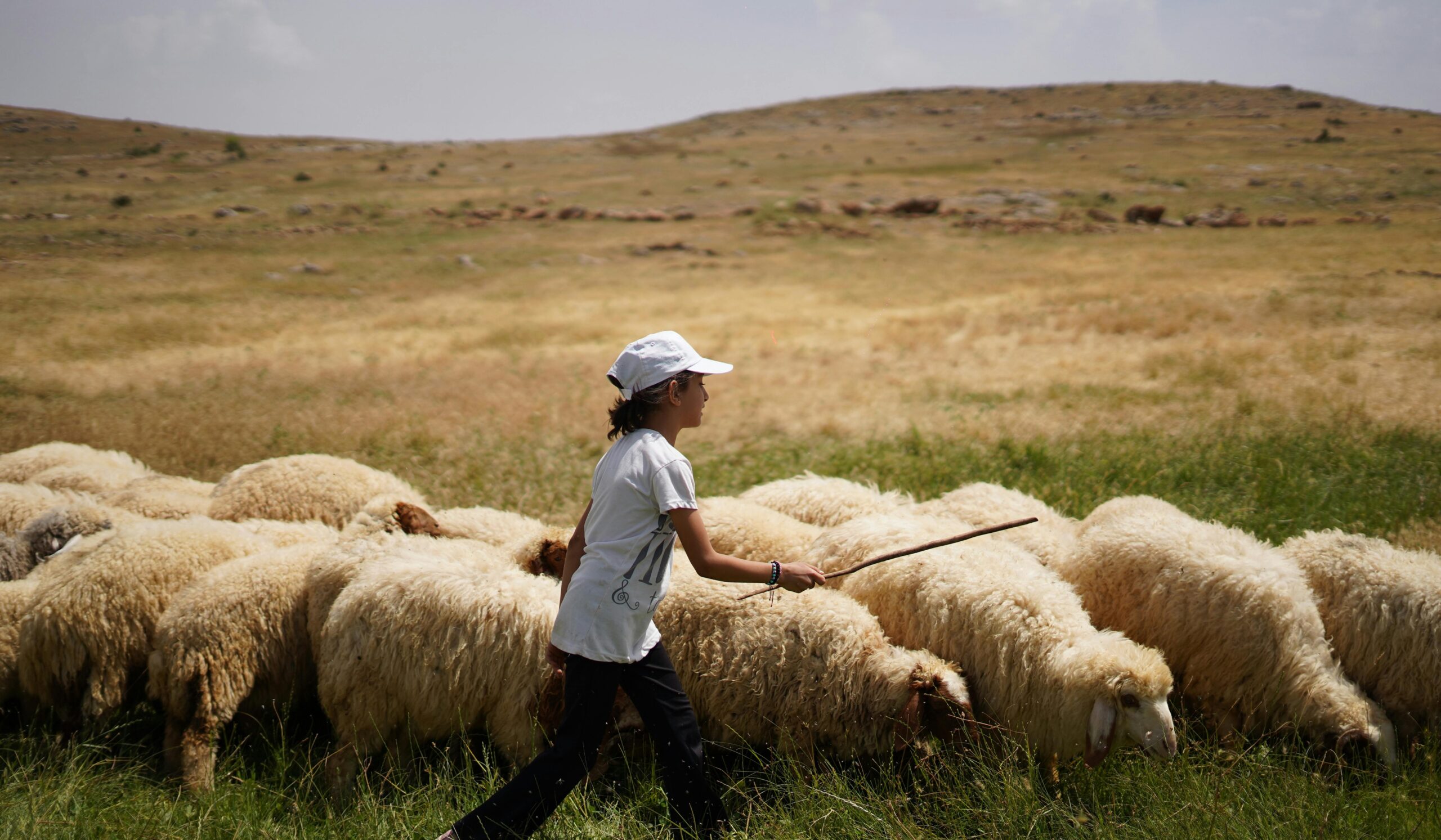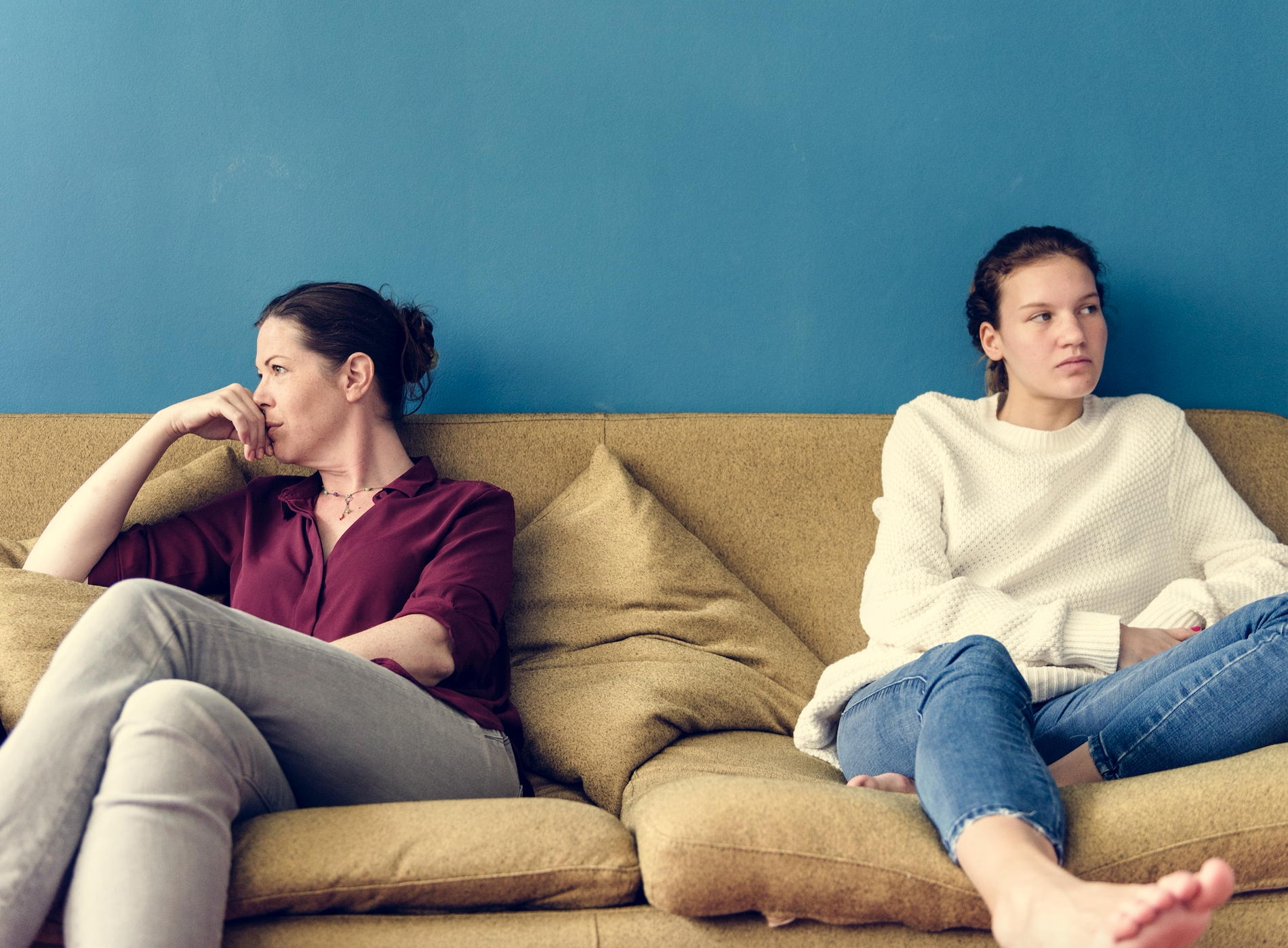
What We Can Learn from the Summerhill School Experiment
Back in 1921, a radical experiment was launched in the United Kingdom. It was a school, if you can call it that, that was so unorthodox, it instantly created debate and controversy. It was called the Summerhill School experiment.
Began by Scottish educator, Alexander Sutherland Neill, this school empowers students to choose what they’d like to learn, to experiment, explore and even openly admit when they were wrong or made a mistake. The goal was to be emotionally ready for life when students became adults, not just academically ready.
This was a need—even a hundred years ago.

A School Where Emotions Are Free
One description summarized the school this way: “Summerhill School in England helped to pioneer the ‘free school’ philosophy, in which lessons are never mandatory and nearly every aspect of student life can be put to a vote. Neill’s radical and controversial view of education was centered on his belief that ‘if the emotions are free, the intellect looks after itself.’”
There are virtually no rules like typical schools have, students respect each other and the adults who oversee them, but they don’t fear the adults. Neill objected to traditional education models because, in his words, they “begin with the neck and move upward, but don’t affect the rest of the young person, their body or their emotions.”
He concluded, “So we get people graduating school with book learning but unready for life itself.” Like others, Neill felt most schools push children to listen and memorize, but that’s all. They fail to include the other activities the real world will require of them as adults.
Wow. Does this issue sound familiar?
A School for the Development of the Whole Student
Neill said, “I wanted to start a school where emotions were just as real as any other part of a human being.” Just like in real life. In short, Neill believed that humans possess a mind, a will and emotions. Traditional schools consciously address the mind but that’s it. Consequently, kids move into adulthood with undeveloped or unhealthy emotions.
So, how does Summerhill work?
- The school operates as a boarding and day school with residents.
- Their meetings are often outside.
- The word lesson is never used.
- The meetings are self-guided with an adult chaperone.
- The meetings include different ages of kids.
- The meetings are facilitated by a kid “chairman,” voted on by peers.
- The meetings are set up to foster a love of life and growth.
Can a school really operate like this?
That is part of the ongoing debate. Yet, a typical scenario illustrates what generally happens when kids are in control. One teen student commented in a video on Summerhill, “Every year, at least one kid suggests that we do away with a set bedtime. When a vote is taken and others agree, everyone stays up past 10:15 pm, but they wake up tired, cranky and even sick after a week. At that point, the kids see the wisdom of a bedtime, and they return to it.”
What Can We Learn From the Summerhill School
Let me offer my perspective on the “pros” and “cons” of the Summerhill experience:
Cons
- The daily experience can be messy, as children with undeveloped brains are in charge.
- The daily learning takes longer because self-discovery, not lesson plans teach them.
- The daily process involves risks and mistakes more so than in traditional schools.
Pros
- Students actually mature holistically and are more ready for real-life when finished.
- Students make better decisions through peer accountability and experimentation.
- Students practice metacognition and “own” their learning since they choose it.
Probably the most positive outcome achieved by the Summerhill School is something we now call “social and emotional learning.” It fosters growth beyond academics because their experience is more than cognitive stimulation. It involves managing emotions and relationships. Even if we don’t adopt Summerhill’s pedagogy, we’d do well to share this goal.
My guess is, you’re probably thinking of all kinds of reasons why Summerhill is a bad idea. I’d like to challenge our traditional models, however, and ask: Could we adopt at least part of our model for teaching Generation Z and allow them to grow holistically? Could we foster more ownership? Are there some “pros” in the Summerhill model you wish you could experience?
Interested in Social and Emotional Learning conversation starters? Check out Habitudes for Social and Emotional Learning HERE.






